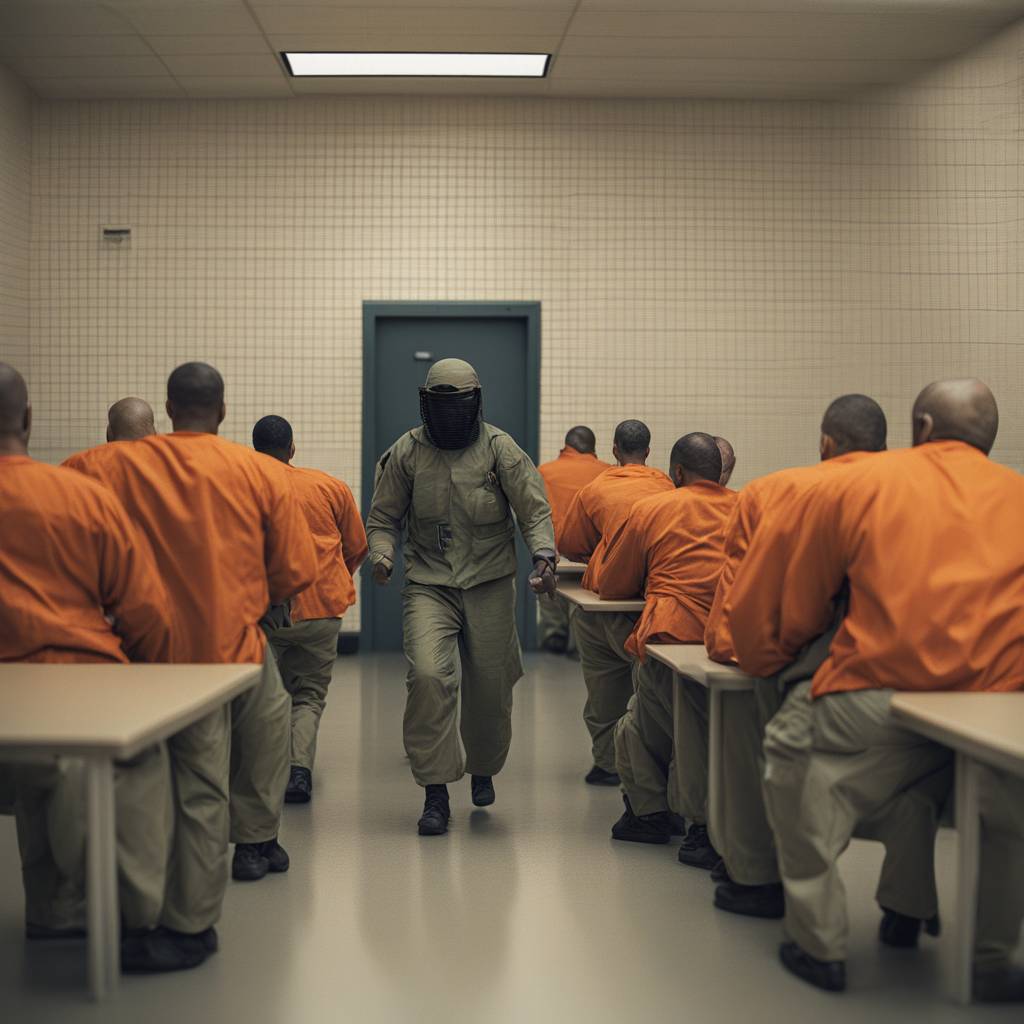In this legal case, survivors of abuse at Iraq’s Abu Ghraib prison are set to face the military contractor CACI in U.S. District Court in Alexandria. The plaintiffs seek to hold CACI responsible for the torture they endured, alleging that the company set the conditions that led to their mistreatment. Evidence from government investigations suggests that CACI contractors instructed military police to
to “soften up” detainees for interrogations. There is little dispute that the abuse at Abu Ghraib was horrific, as evidenced by the shocking photos that surfaced in 2004, showing naked prisoners being abused in various ways. The three plaintiffs involved in the case have described disturbing incidents of sexual assault, beatings, electric shocks, and other forms of torture during their time at the prison.
CACI has denied any wrongdoing, asserting that its employees did not inflict abuse on the plaintiffs and were not in a position to give orders to soldiers. The company argues that the U.S. military bears responsibility for setting the conditions at Abu Ghraib. The case has been ongoing since 2008, with CACI attempting multiple times to have it dismissed. The U.S. Supreme Court’s decision in 2021 allowed the case to proceed to trial. While CACI has attempted to claim sovereign immunity against torture claims, the court ruled that the company cannot claim immunity as a contractor engaged in activities that violate international norms.
The upcoming trial will involve testimony from some of the soldiers who were convicted in military court for their roles in the abuse at Abu Ghraib. The government may interject during the trial, citing state secrets that could harm national security if made public. Only one of the three plaintiffs is expected to testify in person, while the others will testify remotely from Iraq, with their reasons for being sent to Abu Ghraib deemed irrelevant to the case. Despite the potential implications of the government’s involvement in the trial, the judge has expressed a need for transparency and genuine state secrets if they are to be used as an objection during the proceedings.
The survivors of Abu Ghraib are seeking justice for the torture and mistreatment they endured at the prison, holding the military contractor CACI accountable for the conditions that led to their abuse. The trial represents a significant opportunity for the plaintiffs to bring their claims before a U.S. jury, nearly two decades after the shocking images of abuse at Abu Ghraib first came to light. The case highlights the complexities of holding private contractors responsible for actions within war zones, as well as the challenges of navigating legal proceedings that involve sensitive national security issues. The outcome of the trial could have far-reaching implications for future cases involving allegations of torture and mistreatment in similar contexts.








